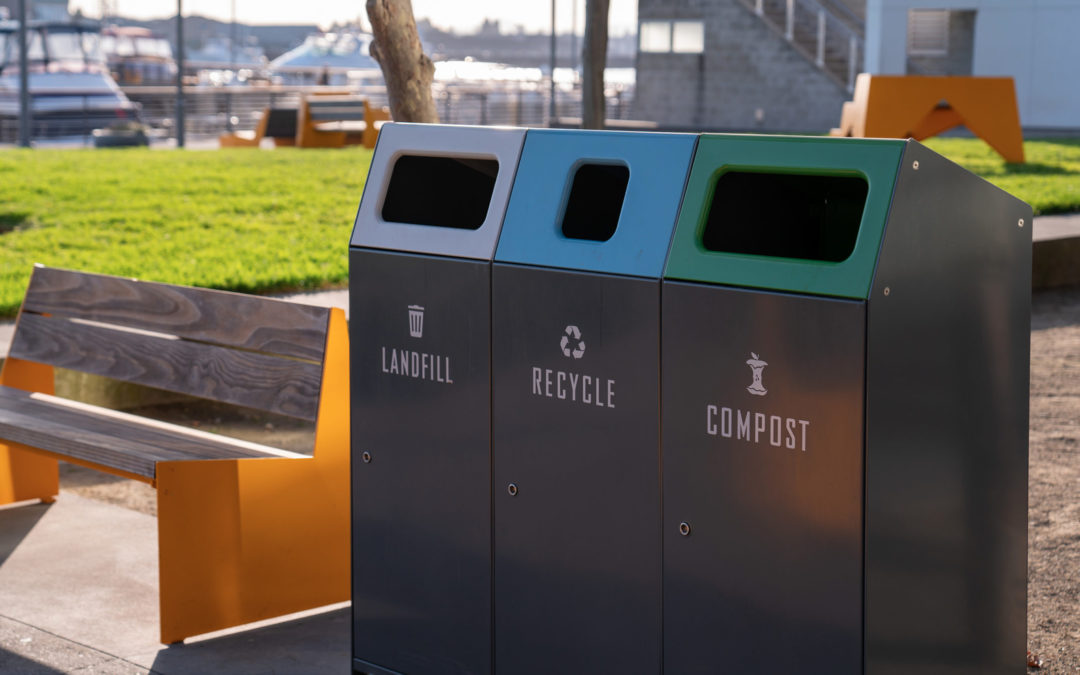In an era where sustainability is not just a choice but a necessity, the debate between compostable and recycled packaging and serviceware has become increasingly relevant. While recycling has been a long-standing pillar in environmental conservation efforts, the advent of compostable materials presents a new and potentially more effective solution in our quest for a greener planet. This blog post delves into why compostable packaging and serviceware hold an edge over their recycled counterparts.
The Lifecycle Perspective: From Production to Disposal
- Lower Energy Consumption in Production: Compostable materials often require less energy to produce than recycling processes. The production of recycled materials, especially plastics, can be energy-intensive due to the need for extensive sorting, cleaning, and reprocessing.
- Reduced Greenhouse Gas Emissions: Compostable items, particularly those made from plant-based materials, have a smaller carbon footprint. When they decompose, they release considerably less greenhouse gas compared to the decomposition of traditional plastics in landfills.
- Promoting Soil Health: Compostable materials contribute to soil health when broken down. They turn into nutrient-rich compost, enhancing soil quality, and supporting plant growth, unlike recycled items that do not offer this benefit.
- Limited Contamination Risk: In recycling, contamination of materials can be a significant issue, leading to the rejection and landfilling of large quantities of items. Compostable materials, on the other hand, do not face such challenges.
Overcoming the Drawbacks of Recycling
- The Problem of Downcycling: Recycled materials often suffer from downcycling – each cycle of recycling degrades the material quality, limiting its future usability. Compostable items don’t face this issue as they are designed to naturally break down.
- Addressing the Plastic Crisis: With plastics taking centuries to decompose, compostable alternatives present a timely solution. They break down much faster, reducing long-term environmental impact.
- Simplifying Waste Management: Compostable items simplify waste management as they can be disposed of with organic waste. This contrasts with recycling, which requires consumers to understand and adhere to complex sorting rules.
The Way Forward
Embracing compostable packaging and serviceware, like Evanesce Biopolymers and StarFybr™ Molded Starch, is a step towards a more sustainable future. While recycling will continue to play a role in waste management, the benefits of compostable materials in terms of energy efficiency, soil health, and simplicity in waste processing are undeniable.
The shift towards compostable packaging and serviceware represents a significant stride in environmental stewardship. By choosing compostable, we are not just disposing of waste; we are contributing to a cycle of renewal that benefits the earth in a more holistic and sustainable way.

